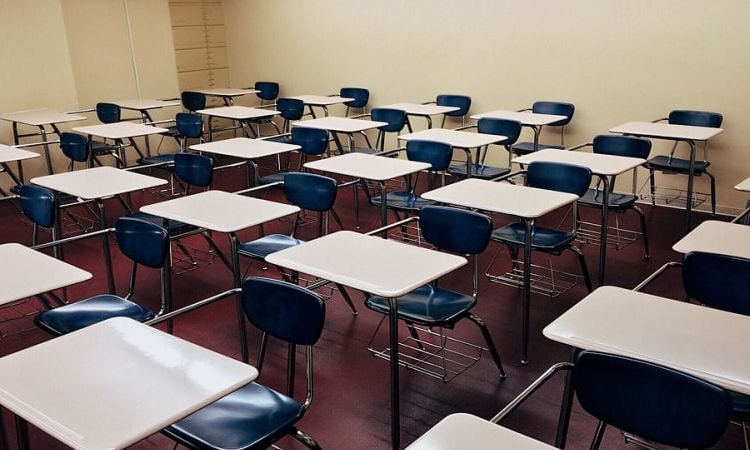'Aimed To Ensure Education Is Not Commercialized': Patna High Court Upholds Law Regulating Private School Fees
Bhavya Singh
2 Feb 2024 10:00 AM IST

Next Story
2 Feb 2024 10:00 AM IST
In a landmark verdict, the Patna High Court has affirmed the constitutionality of Bihar's Private Schools (Fee Regulation) Act, 2019, dismissing the writ application filed by the Association of Independent Schools Bihar. While rejecting the writ application, the High Court stated that the government can regulate fees to prevent profiteering, and directed the state government to adopt...
